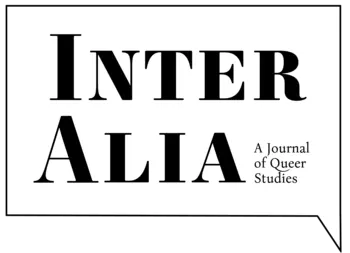https://doi.org/10.51897/interalia/BTAW6071
The Challenge of Implementing Preferred Gender Pronouns: Queer Autonomy in the Age of Information Technologies
Zooey Sophia Pook
New Mexico State University
Abstract
A preferred gender pronoun or PGP is the gender pronoun, or set of gender pronouns, an individual uses to represent themselves and by which they would like others to use when they represent them (PFLAG). The use of PGPs is meant to show respect to the autonomy of individuals whose gender identity may not conform to the appearance of others, or individuals whose identity is gender non-binary (HRC). The use of PGPs is suggested as a best practice by nearly every major LGBT+ organization in the US (PFLAG, HRC, etc.). Today, systems for implementing PGPs exist everywhere from college applications, hospital intake forms, dating websites, and beyond. While the use of PGPs shows respect for transgender and gender nonconforming individuals, these practices have unintended consequences as they contribute to the ever-expanding economies of data collection, made possible through the rise of information technologies. This work will explore questions of economy and power related to the collection of PGPs and the challenge of queer autonomy in the age of neoliberal capitalism.
Keywords: preferred pronouns, neoliberalism, queer theory, algorithms, information capital
